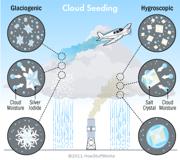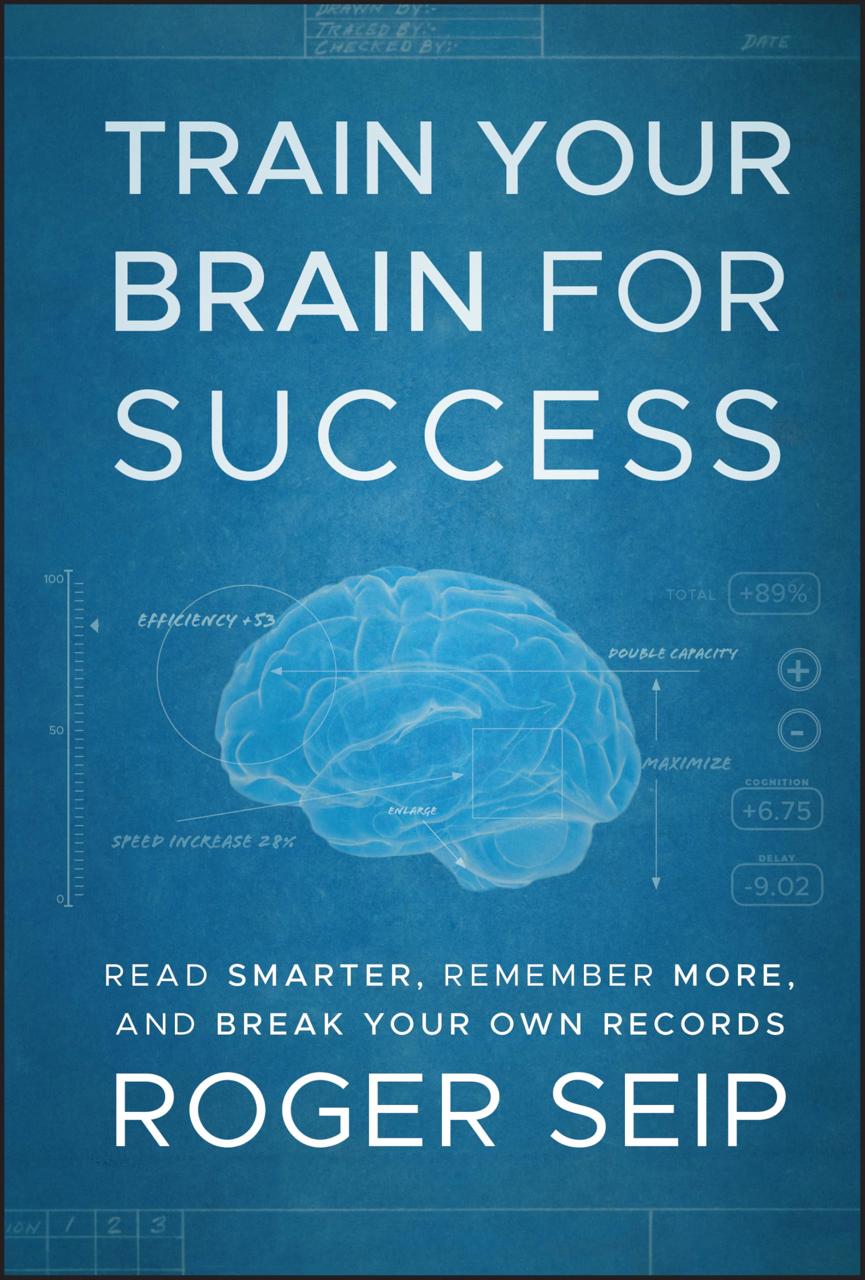Can We Utilize Quantum Computing for Real-World Problems?
Exploring the Potential of Quantum Computing in Solving Real-World Problems

Frequently Asked Questions
Quantum computing can potentially revolutionize healthcare by optimizing drug discovery processes, improving diagnostic accuracy through advanced simulations, and personalizing patient treatment plans based on complex data analysis.
Quantum computing utilizes quantum bits or qubits, which can represent multiple states simultaneously due to superposition, allowing for the exploration of multiple solutions concurrently. This gives quantum computers a significant advantage over classical computers in solving complex optimization problems faster and more efficiently.
Step by Step Guide
1
Understanding Quantum Computing
Learn the fundamental concepts of quantum computing, including qubits, superposition, entanglement, and quantum gates. Understand how these principles differ from classical computing.
2
Identifying Real-World Problems
Explore various real-world problems across different sectors such as healthcare, finance, logistics, and cybersecurity. Identify challenges that require significant computational power to solve.
3
Exploring Quantum Algorithms
Study specific quantum algorithms like Shor's algorithm for factoring large numbers, Grover's algorithm for searching unsorted databases, and the Quantum Approximate Optimization Algorithm (QAOA) for combinatorial problems.
4
Examining Current Implementations
Review existing applications of quantum computing in industries where trials and research are being conducted. Analyze successful case studies where quantum computing has provided significant advantages.
5
Challenges in Implementation
Discuss the current challenges in implementing quantum computing, such as error rates, the need for quantum error correction, and the technical barriers to scaling quantum computers.
6
Future Prospects
Explore the future potential of quantum computing, including advancements in quantum technology, expected timelines for practical use, and the emergence of more powerful quantum computers.
7
Collaboration Between Industries and Academia
Examine how partnerships between academia, industry, and government can drive research in quantum computing, leading to practical applications and innovations.
8
Learning Resources
Gather resources for further learning about quantum computing, including online courses, webinars, books, and research papers. Encourage community engagement through forums and groups focused on quantum technologies.








